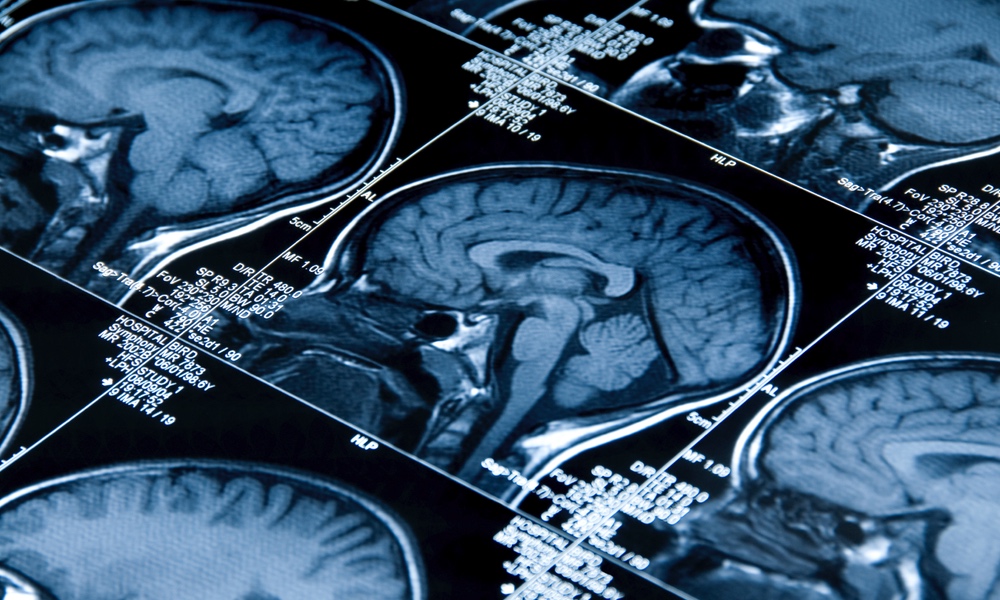We all experience food cravings— often for unhealthy foods such as ice cream or junk food. For some people, these cravings are so strong that they can wreck the most well-designed diet all by themselves.
Now, researchers have found that although the types of foods people crave vary considerably from person to person, in general, cravings are for foods high in calories, not necessarily for foods high in carbohydrates or fats.
This suggests that accepting cravings as normal and controlling them may be a key factor in helping people control their weight.
These findings come from from the first phase of a calorie-restriction study called the Comprehensive Assessment of the Long-term Effects of Restricting Intake of Energy (CALERIE), now under way at Tufts University.
"Most people feel guilty about having food cravings," says says co-author Susan Roberts, Ph.D., director of the USDA HNRCA's Energy Metabolism Laboratory, "but the results of this study indicate that they are so normal that nobody needs to feel they are unusual in this respect."
"Allowing yourself to have the foods you crave, but doing so less frequently may be one of the most important keys to successful weight control," she adds.
Roberts and colleagues observed that successful weight loss was related not only to how often people gave in to their cravings, but also to the types of foods they craved. "Participants with a higher percentage of weight loss actually craved foods with higher energy (calorie) density, compared with those who lost a lower percentage of body weight," says Roberts, who is also a professor at the Friedman School of Nutrition Science and Policy at Tufts University.
"Energy-dense foods, such as chocolate and some salty snacks, are those that pack the most calories per unit of volume," explains Cheryl Gilhooly, Ph.D., M.P.H., research dietitian and first author of the study, "as compared to less energy-dense foods like fruits and vegetables, which have fewer calories per unit of volume."
"These findings suggest," says Roberts, "that cravings are for calories, not carbohydrate, as is widely assumed. What is commonly called carbohydrate addiction should probably be relabeled as calorie addiction," she added. Some of the most commonly craved foods among study participants were foods that have high sugar plus fat, such as chocolate, and salty snacks, such as chips and French fries. "The craved foods do have carbohydrate, but they also have fat, and some protein, too. The most identifiable thing about the foods people crave is that they are highly dense in calories," Roberts deduces.
"Ours is the first study of long-term changes in food cravings in a calorie-restriction program," Roberts says. "If individuals understand that they can expect cravings and that those cravings will be for calorie-dense foods, it might help in their weight management. One thing to do is to substitute foods that taste similar but have fewer calories, since the craving can be satisfied by related tastes."
These findings were published in the International Journal of Obesity; Advance Electronic version, on 26 June 2007.




